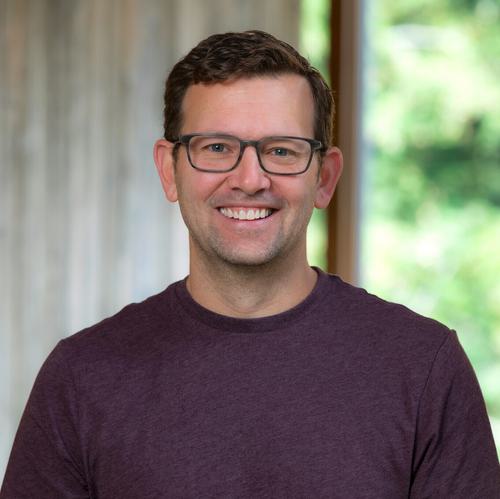
Andy Schultz
Professor of Mathematics
Links
Mathematician interested in studying absolute Galois groups of fields through their cohomological invariants.
Galois theory is one of the most important mathematical developments in the last 200 years. Its strength can be measured by some of "big" mathematical questions it has answered, including why there isn't a quintic analog of the quadratic equation, as well as explaining why the outstanding geometric problems of antiquity (e.g., "squaring the circle") have no solution.
My research focuses on extending what is currently known about Galois theory by investigating properties of absolute Galois groups, the uber-structures that encapsulate all the Galois-theoretic information for a given field. By determining certain structures that cannot appear in absolute Galois groups, I limit the kinds of Galois groups that can appear over an arbitrary field.
I began my research as an undergraduate under John Swallow at Davidson College. Although I was taking only math courses by the time I was a senior undergraduate, I didn't enter college thinking I'd major in math. Perhaps because I was something of a late convert to the subject, one of my favorite parts of a career in academia is the opportunity it gives me to share the beauty and joy of mathematics with others who are just developing as mathematical thinkers. This especially includes those students who don't come into my class thinking they have any interest in mathematics. By making the classroom a collaborative environment where students are responsible for developing some of the key ideas in a course, I help show students that they are capable of producing high-level, sophisticated mathematics with an abundance of real-world applications. For those students who have already invested themselves in mathematics, I strive to give them opportunities to engage with challenging, open-ended problems, and I work to provide them with a perspective on material that can help them frame their specialized knowledge in a broader context.
With my time outside of the classroom, I enjoy a number of outdoor activities, especially running and playing basketball. I'm also an amateur beer brewer.
Education
- B.S., Davidson College
- M.S., Stanford University
- Ph.D., Stanford University